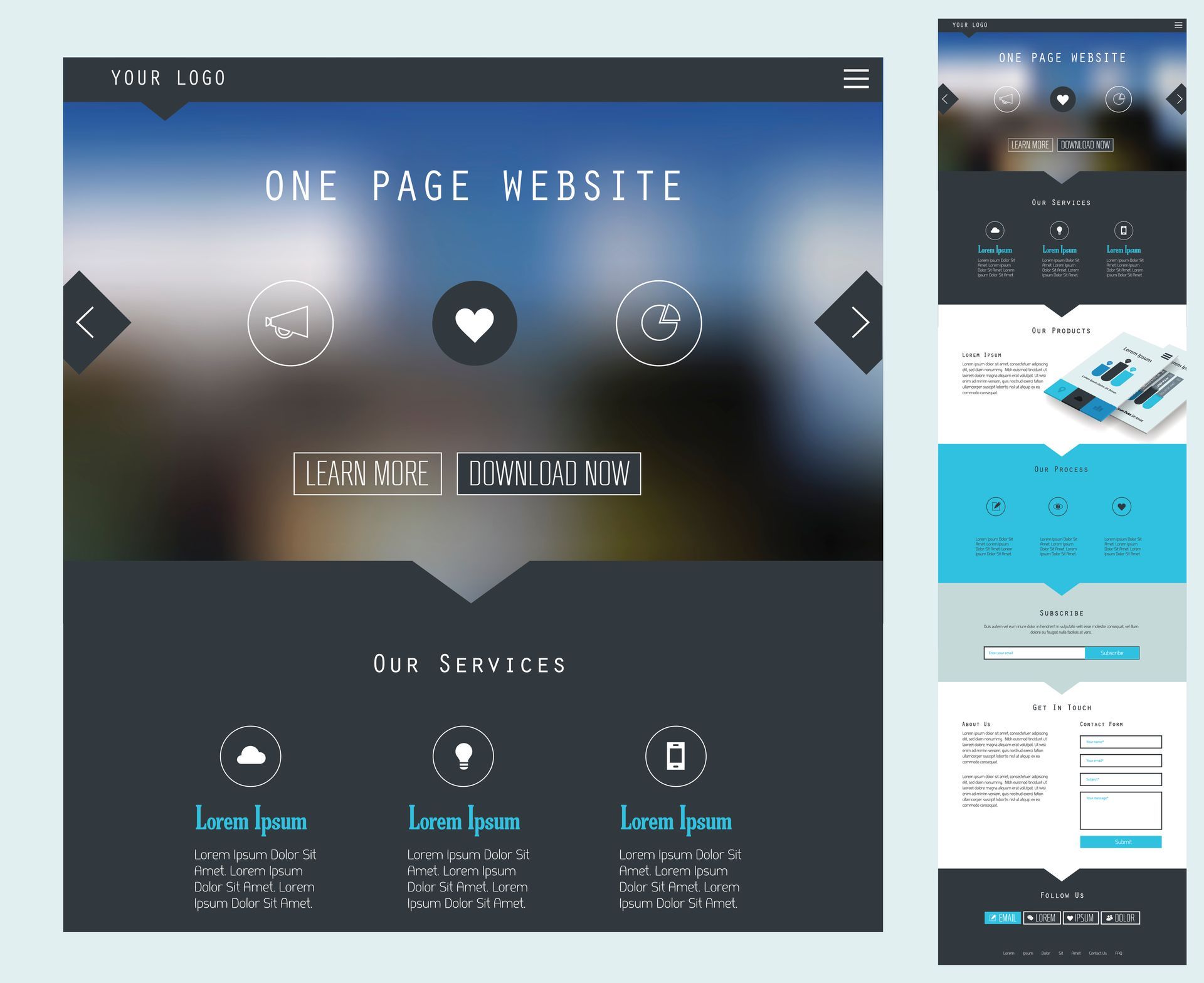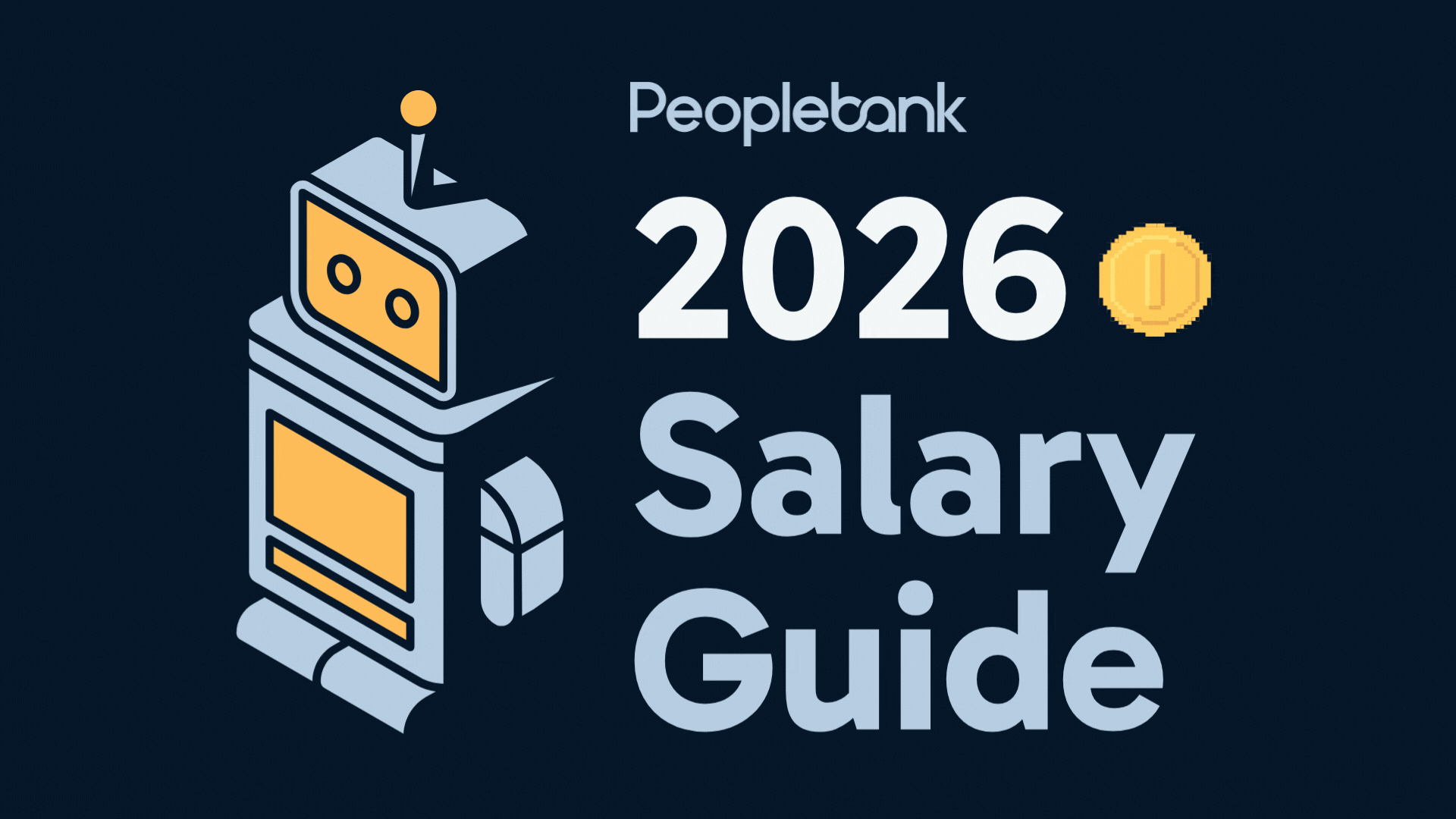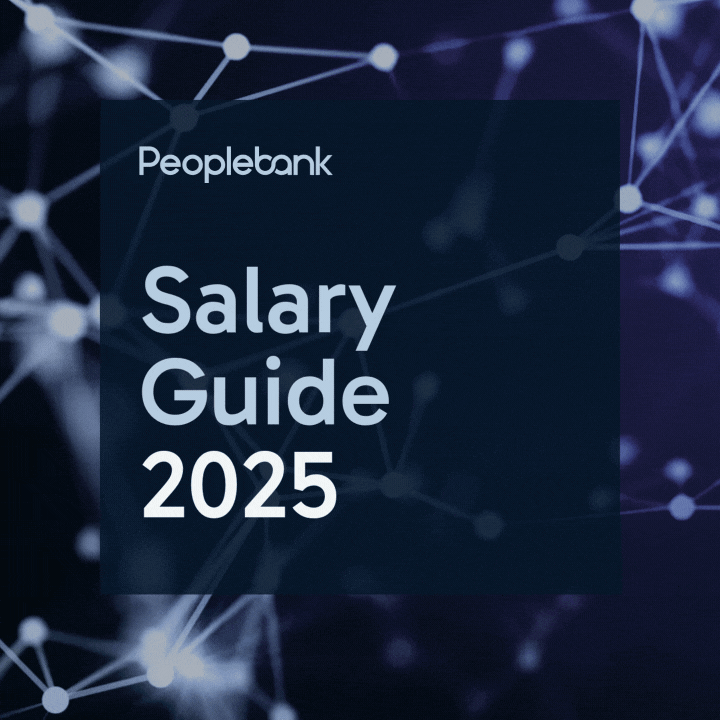10 Ways to Prepare for Your Web Development Interview
Any normal interview can be intimidating but as a web developer or any other digital specialist it is likely the interview will request even more from you than usual. The questions will likely be more about your skills and knowledge of your craft. There will be the standard questions too, but here are some things to keep in mind for the technical side when being interviewed for a web development position.
1. Have an up-to-date, killer portfolio.
As a Web Developer, you will know the importance of a functional, easy to use website. It’s important for the site to be visually appealing but it also has to be usable! Having a great portfolio makes it easy to answer questions about past projects as well as your knowledge and standards for when a website is fully complete. It’s also a good idea to host your code somewhere such as GitHub or CodePlex. When you upload your code onto one of these sites you can attach that link onto your CV or online portfolio – this makes things very easy for the interviewer.

2. Bring your own hardware.
Bring something you know how to use, even if you don’t end up using it. Bringing your own laptop and easy to carry gear shows preparedness and professionalism.
3. Research and gain knowledge about the company and show interest in what they do.
Much like in any other interview, know about the company and if possible know about each interviewer. Everything is on the internet these days so it’s an easy place to find out a lot of information. When you can respond to questions that answer issues or relate to the company they will instantly understand your interest and take you seriously.
4. Prepare questions. (for things you were unable to find out).
As well as knowing as much as you can, you have to want to know more. When an interviewer asks if you have any questions they don’t want to hear the word ‘no’. Ask questions about the company that might not be public knowledge. Or about what your day to day life would look like in the office. Here is a list of questions you can ask. Make sure you choose relevant questions that you care about.
There is also the great opportunity for clarification when you ask questions.

5. Be refreshed on HTML, CSS and JS knowledge.
Employers want people who are proficient and confident in a few web development languages. Sometimes they even require the use of one in the job ad. Study up, make sure you are ready to answer any questions about what DOCTYPE declaration does or how ‘X’ works in JavaScript. There will also be possible questions about the C in CSS (Cascading) – for example, determining priority in assigning styles (X), or how you can use that system to your advantage.
6. Think about possible solution-based questions.
Questions in interviews like this can be aimed at trying to get you to provide solutions to problems. Don’t stress too much about your first answer, an interviewer doesn’t expect you to react perfectly in an instant. Talk about the process of how you would fix the issue, the steps you could take or other problems you might run into and how to get over them as well. The question is likely to be something about improving the quality or functionality of a particular feature on your website.
7. Talk about your sources and inspirations.
Employers like to know about who inspires you and what you follow. As well as what is your personal style is and where you like to source knowledge from. There will likely be questions where you can include these in your answers clearly but if not try and include them in your questions, ask if they know about ‘so and so’ and gather an idea of their inspirations also.

8. Don’t speak about salary.
In the first interview avoid talk about salary. If your first question is ‘how much will I be paid?’ the interviewer might think you’re just there for the money, and/or desperate for the job. A job interview is a conversation between equals and when money enters the conversation too early, misjudgements can be made.
9. Discuss passion projects.
Talk about the work you do that’s not for work. When you share your passion projects an interviewer gets more insight into your personality and how you will fit into the company. It’s also a great opportunity to share how passionate you are about your job which is enticing and appealing to any employer because they can see that you will work hard no matter what.
10. Be prepared for a potential coding challenge as well as any puzzles or brain teasers.
Usually, in jobs that require coding, a coding challenge will be part of the interview process. You could also encounter brain teasers to test your problem-solving skills. Sometimes this test is online and ready for you to complete at home but sometimes you have to make an appearance in the office and complete the test there. Be prepared for these questions and tasks – don’t get thrown off. When completing a coding challenge, especially from home, put as much effort into it as possible. A lot of the time people rush through which leaves room for a lot of error. If you work meticulously on the challenge it will show and you will definitely stand out from the crowd.























